EU health funding reshaped under new competitiveness-driven budget proposal
The European Commission has unveiled a major overhaul of its seven-year Multiannual Financial Framework (MFF), proposing €1.816 trillion in total spending for 2028–2034. One significant shift is the discontinuation of a standalone health budget: the EU4Health programme, originally worth €5.3 billion and later revised to €4.4 billion, will cease to exist. Instead, health funding is now consolidated into the newly created €410 billion European Competitiveness Fund (ECF), which allocates €22.6 billion to a combined pillar covering health, biotech, and the bioeconomy.
The Commission emphasises that this structure supports health promotion and disease prevention, explicitly mentioning mental health, cardiovascular diseases, cancer, autism, and reproductive health as priorities. It also seeks to strengthen healthcare resilience and efficiency through digitisation, improved access to medicines, health technology innovation, and health security policy.
Despite these assurances, public health stakeholders remain concerned about placing health within a competitiveness-focused framework, fearing potential neglect of initiatives not directly contributing to economic competitiveness. Advocates stress the need to ensure equity-focused health measures remain strategic priorities rather than merely economic drivers.
On a positive note, Horizon Europe—the EU’s flagship research programme—sees its funding nearly doubled to €175 billion, with €19.65 billion specifically allocated for collaborative health, biotech, agriculture, and bioeconomy research. This significant increase will benefit innovation, including research into groundbreaking therapeutic areas with unmet medical needs.
Additionally, health preparedness has gained prominence, with the Health Emergency Preparedness and Response Authority (HERA) securing dedicated funding within the expanded Union Civil Protection Mechanism (UCPM). With an €11 billion allocation, the updated UCPM now explicitly covers health threats, medical countermeasure availability, surveillance, medical stockpiling, and crisis management.
The proposal now enters two years of negotiations between the European Parliament and member states. Central debates are likely to focus on maintaining a balanced approach that safeguards public health priorities and patient-centred policies, despite the new competitive framework.


